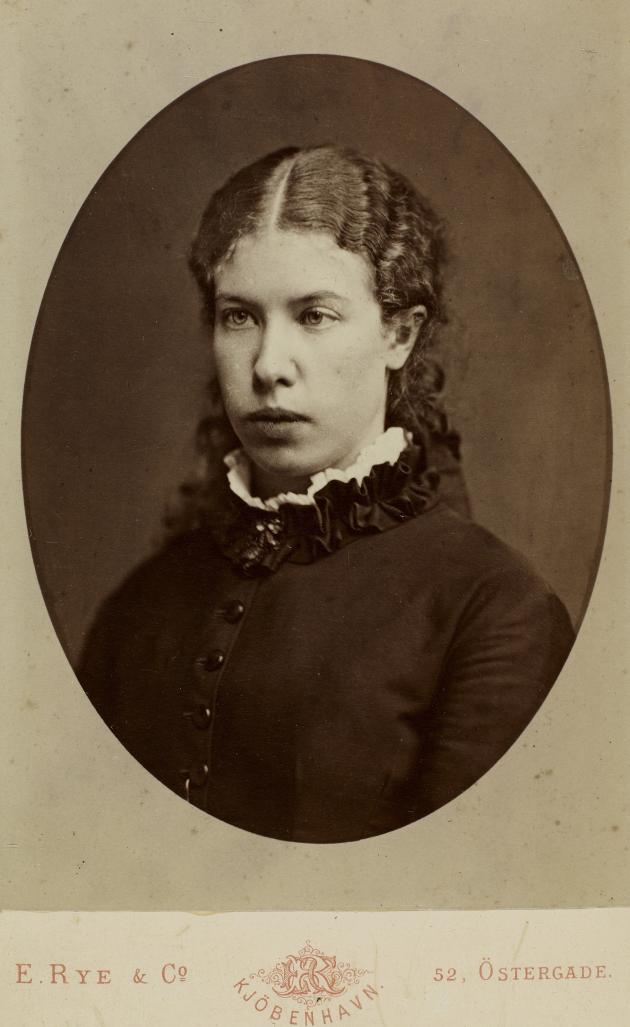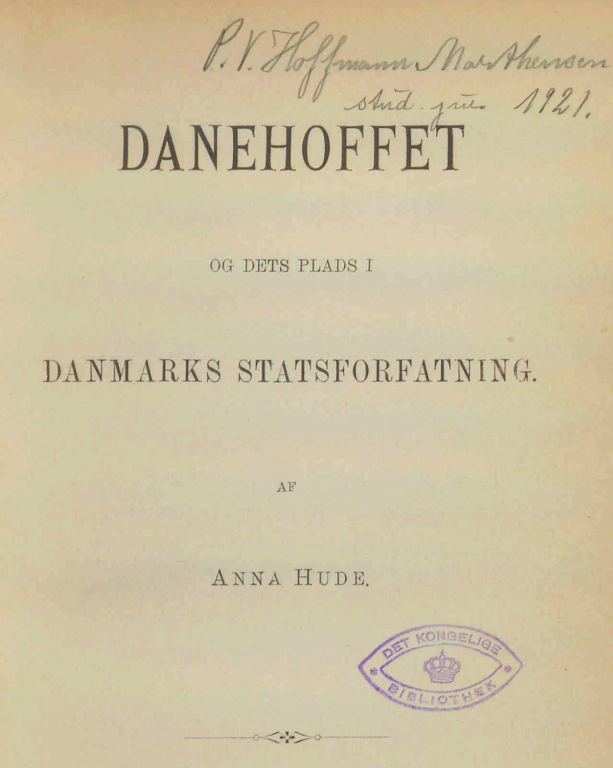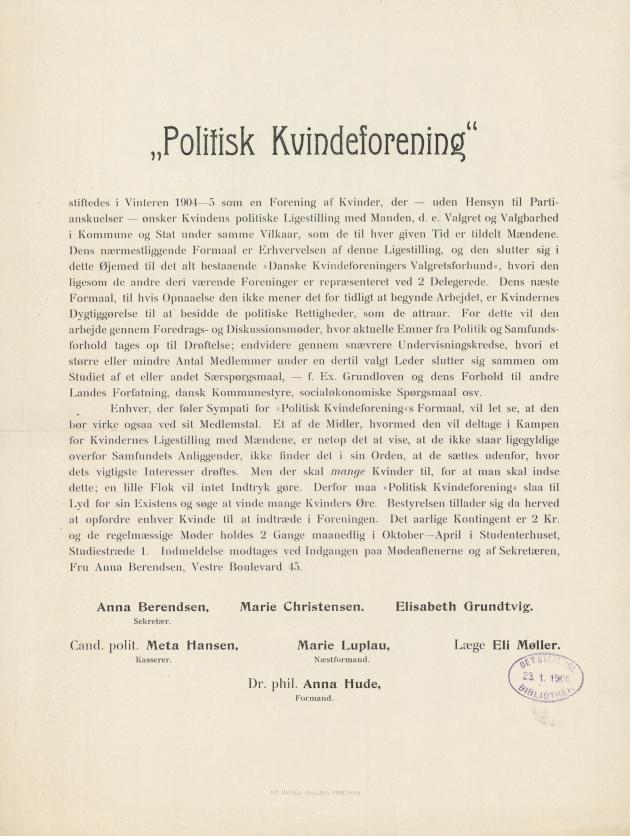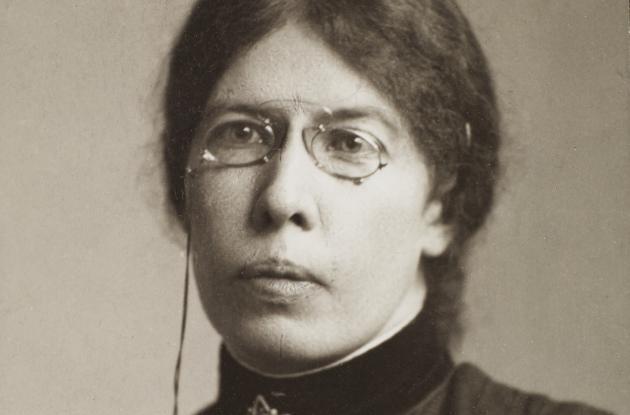Anna Hude
Anna Hude was trained as a private teacher in 1877. But her dream of higher education sent her to Copenhagen the following year. Here she became Denmark's first female historian.

Photo: Carl Edvard Emil Rye (1820-1890)
When Anna Hude (1858-1934) arrived in Copenhagen, she began studying for the Leaving Examination of Upper Secondary Education so that she could apply to the university. She was admitted to N. Zahle's School and received financial support from, among others, the Danish Women's Society.
But in 1879 her studies were rendered difficult by her family doctor C. J. Leerbeck, who, after some advances, raped her.
Anna Hude did not report the crime, but tried for a long time to get an explanation from him. After a failed suicide attempt, she sought out Leerbeck and shot him in the street. Leerbeck survived the attempted murder, but the case of “the lady who shot the doctor” caused a great stir. Leerbeck committed suicide when Hude’s motivation for the attempted murder became public knowledge. Anna Hude ended up receiving a light sentence of five months in prison, during which she was allowed to continue her studies.
Hude graduated with a Master's degree in history and with English and Latin as minor subjects in 1887. Two years later, she was employed at the Danish National Archives as the first female archivist, but met resistance from colleagues because of her gender.
In 1893 she became the first female doctor of philosophy with the thesis “Danehoffet og dets Plads i Danmarks Statsforfatning”.

Photo: Anna Hude (1858-1934)
In “Kvindebladet - Hva vi vil” (a journal) it was written as follows about Hude's performance:
In an excellent thesis on the Danish Court and its position in the Danish Constitution, Ms. Anna Hude proved that in learning and logical clarity, women are not inferior to men, and with great skill in the thesis, that women also do not miss ready wit and ease in defending their position in their scientific opinion.
Anna Hude's scholarly work focused on medieval sources, and she was ahead of her time. She highlighted, among other things, the role of women and their importance to medieval history.
From 1904-1908, Hude was also female political active and fought for women's suffrage. She was, among other things, a co-founder of the Political Women's Association, which later became the starting point for the National Association for Women's Suffrage.

Photo: Business Graphics Datentechnik G
